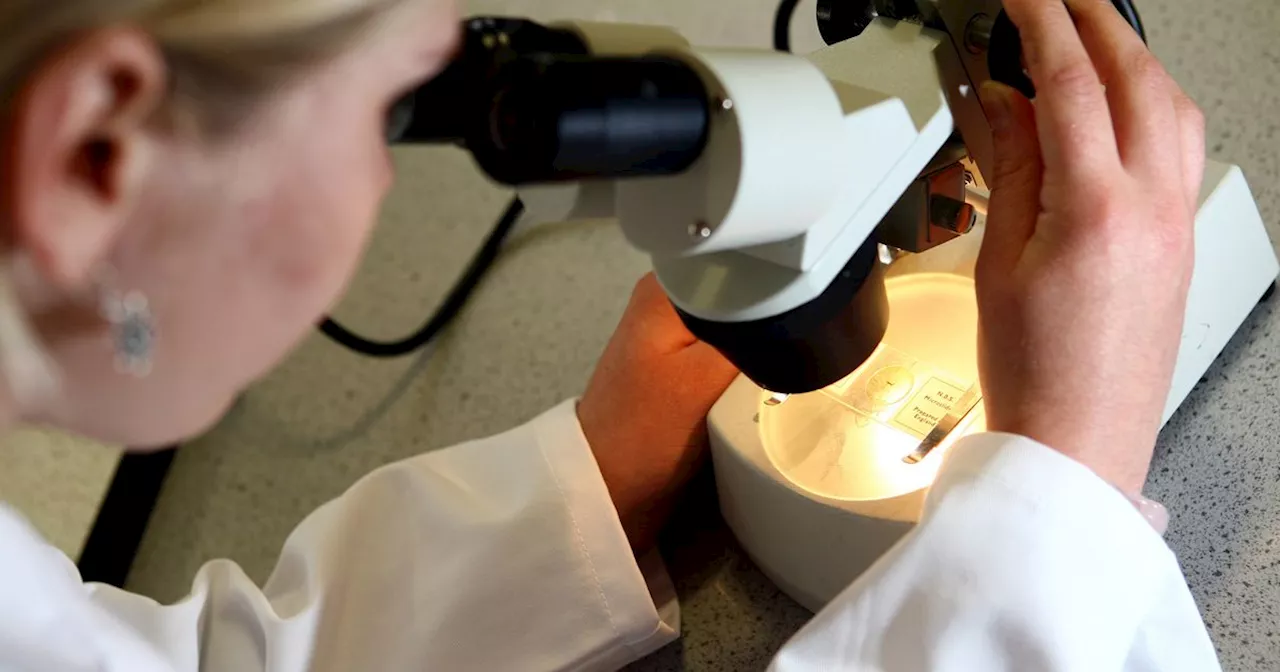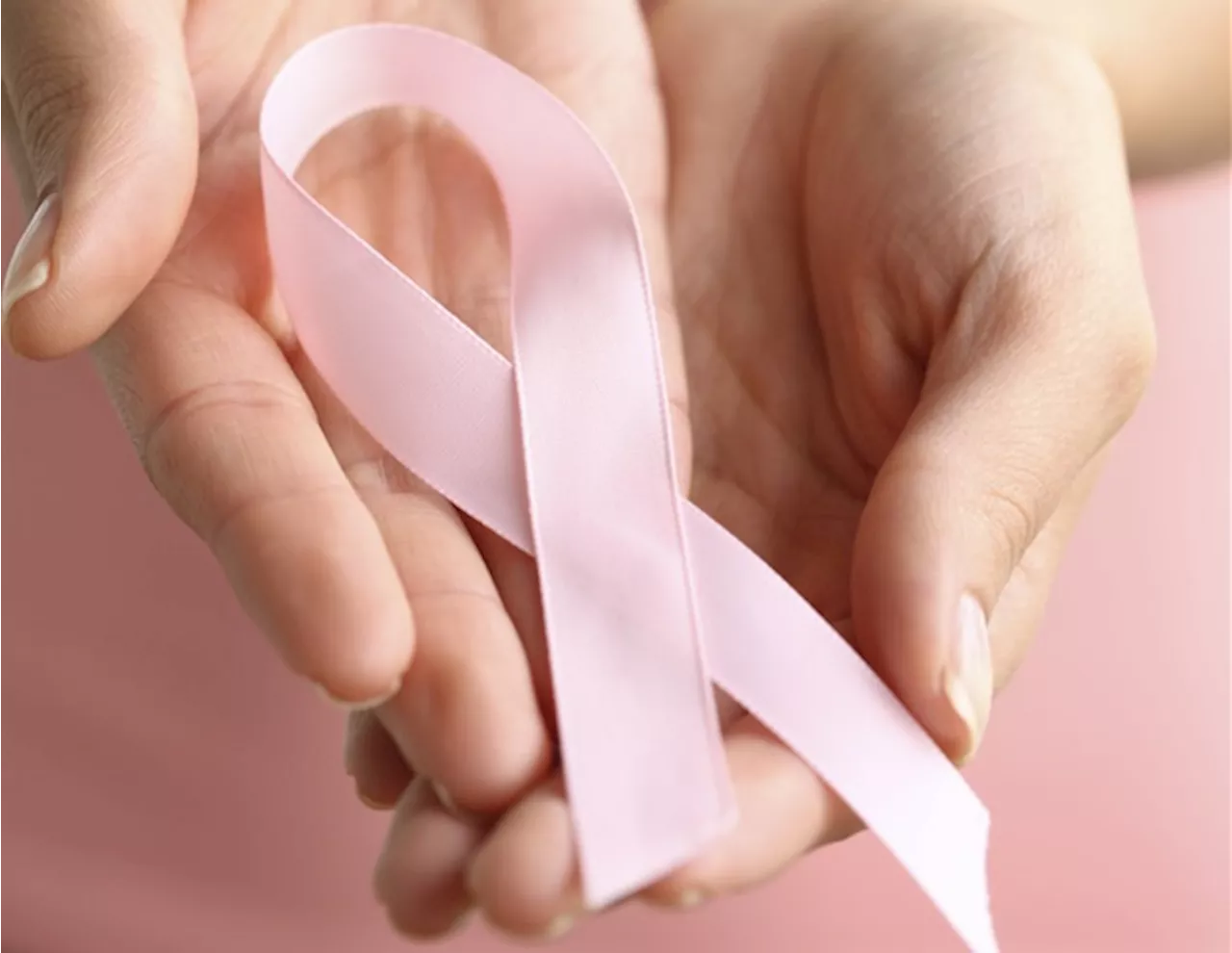This article discusses the alarming increase in cancer cases among women under 50 in both the UK and the US, highlighting a significant gender gap in cancer incidence. It explores potential contributing factors, such as changes in lifestyle, screening practices, and hormonal fluctuations, while emphasizing the need for further research and awareness regarding early-onset cancer.
British women under 50 are around 70 percent more likely to develop cancer than men of a similar age, worrying data has revealed. A similar pattern has emerged in the US, with women under 50 now 82 percent higher than men of the same age — compared to a difference of 51 percent two decades ago. The gender discrepancy comes amid a soaring rise in disease among young people on both sides of the Atlantic, with global cases of cancer in the under 50s rising by 79 percent since the 1990s.
In the UK, cases of some forms like breast and bowel cancer in some younger age groups have risen by 17 percent and 63 percent respectively. Now, American experts have explored the trend and suggested why the gender difference may exist. One reason is the falling rates of some cancers that affect men. These include cases of melanoma, the blood cancer non-Hodgkin lymphoma, and prostate cancer. Simultaneously, cases of cancers that affect women have risen in younger women, experts from the American Cancer Society, explain in the journal CA: A Cancer Journal for Clinicians. Working-age women are now more nearly twice as likely to get cancer than men, a worrying new report reveals after rises in breast and thyroid cancers Almost half of all cancer cases that affect young women aged under 50 are now breast or thyroid. Breast cancer in young, UK women has risen by 17 percent since the 90s, while thyroid cancer — which affects the tiny butterfly-shaped gland in the neck — has soared 256 percent. The researchers added that changes in cancer screening practises could also have led to increased diagnoses in younger women. Data from Cancer Research UK (CRUK) suggests the cancer risk gap for men and women under 50 in Britain peaks in the early 40s. Cancer rates for women this age reach almost 270 cases per 100,000 women, more than double the figure for men of the same age (130 cases per 100,000 men). Experts say the exact cause driving the increase in breast cancer is unknown but suggest several factors could be involved. One theory is increased exposure to lifestyle factors like smoking and drinking compared to historical levels. While only one in 10 women are now smokers, rates were as high as one in four in the 90s, which could have contributed to diagnoses a decade or two later. Consistent, regular drinking can lead to a build-up of a cancer-causing chemical in the body called acetaldehyde which can drive up the risk of some types of breast cancer. The rise of 'wine-o-clock' culture has also been blamed for increased alcohol consumption in women with some studies showing binge drinking has increased 57 percent among British women since 2019. Obesity is another known risk factor for breast cancer as fat cells can produce oestrogen and higher levels of this female sex hormone are linked to the development of breast cancer. Government data shows the proportion of women in England who are obese nearly doubled between 1993 and 2019 — from 16 percent to 29 percent. And estimated eight percent of breast cancer cases in England are thought to be caused by obesity with an additional eight percent suspected to be caused by drinking alcohol. Cases of thyroid cancer have undergone an even greater explosion in Britain with rates in women aged 25 to 49 rising 256 percent in the same period. While diagnoses in men of the same age have also risen, far more women suffer the disease than men. About 3,000 cases of thyroid cancer are recorded in British women each year, compared to just 1,000 cases diagnosed in men. Experts are still trying to unpick the reasons why women are more vulnerable, but some suspect the fluctuations in female sex hormones that occur during a woman's life are involved. CRUK also said women under 50 have seen significant increases in cancers of the small intestine (119 percent) and the kidney (96 percent) since the 90s. However, they added that as the overall number of cases of these cancers, including thyroid, diagnosed each year is low, such increases should be interpreted with caution. Overall cancer risk is known to broadly increase with age as damage in cells, which can spark the disease, accumulate over time. However, an explosion in what is called early onset cancer, medically defined as cases of the disease in adults under the age of 50, has sparked alarm among experts. Part of the concern is that it's happening globally. A 2023 study published in the British Medical Journal found cases of early onset of cancer increased overall globally by 79 percent between 1990 and 2019. The experts also predicted cases of cancer in the young are set to rise further, by an additional 31 percent by 2030. World Health Organisation data shows Australia had the highest number of early-onset cancer diagnoses in the world, with a rate of 135 per 100,000 people in 202
Cancer Women's Health Early-Onset Cancer Cancer Rates Gender Gap Breast Cancer Thyroid Cancer
United Kingdom Latest News, United Kingdom Headlines
Similar News:You can also read news stories similar to this one that we have collected from other news sources.
 Liver Cancer Rises as UK's Fastest Growing Cancer DeathResearch reveals liver cancer is increasing at an alarming rate in the UK, driven by obesity, smoking, and alcohol consumption. The death rate has surged from 4.7 to 9.3 per 100,000 people between 1999 and 2019, making it the eighth leading cause of cancer death despite being only the 17th most common in terms of cases. Projections suggest a further 10% increase in the death rate by 2040, potentially placing it as the sixth most deadly cancer.
Liver Cancer Rises as UK's Fastest Growing Cancer DeathResearch reveals liver cancer is increasing at an alarming rate in the UK, driven by obesity, smoking, and alcohol consumption. The death rate has surged from 4.7 to 9.3 per 100,000 people between 1999 and 2019, making it the eighth leading cause of cancer death despite being only the 17th most common in terms of cases. Projections suggest a further 10% increase in the death rate by 2040, potentially placing it as the sixth most deadly cancer.
Read more »
 Savannah Phillips Turns 14: From Cheeky Royal to Growing Young WomanSavannah Phillips, the eldest great-grandchild of Queen Elizabeth II, celebrates her 14th birthday today. Known for her playful antics as a child, Savannah is now a young woman nearing the height of her aunt, Zara Tindall. The article highlights her recent appearance at the Blenheim Horse Trials alongside Zara and her family, her birth and upbringing, and her parents' separation.
Savannah Phillips Turns 14: From Cheeky Royal to Growing Young WomanSavannah Phillips, the eldest great-grandchild of Queen Elizabeth II, celebrates her 14th birthday today. Known for her playful antics as a child, Savannah is now a young woman nearing the height of her aunt, Zara Tindall. The article highlights her recent appearance at the Blenheim Horse Trials alongside Zara and her family, her birth and upbringing, and her parents' separation.
Read more »
 Growing a Trust Fund for Young ChildrenA financial advisor provides guidance on managing a trust fund for children under 10, emphasizing the importance of seeking professional advice to ensure responsible and beneficial growth of the assets.
Growing a Trust Fund for Young ChildrenA financial advisor provides guidance on managing a trust fund for children under 10, emphasizing the importance of seeking professional advice to ensure responsible and beneficial growth of the assets.
Read more »
 Rising Bowel Cancer Rates in Young People a Global ConcernA new study reveals that bowel cancer rates are increasing more rapidly in young people in England compared to many other countries. Researchers believe lifestyle factors like poor diet, alcohol consumption, and smoking are contributing to this trend.
Rising Bowel Cancer Rates in Young People a Global ConcernA new study reveals that bowel cancer rates are increasing more rapidly in young people in England compared to many other countries. Researchers believe lifestyle factors like poor diet, alcohol consumption, and smoking are contributing to this trend.
Read more »
 Doctors reveal tragic new detail about young people with colon cancerA study from researchers in Denmark found that younger patients with colorectal cancer were more likely to relapse than older patients, and it took less time for the disease to recur.
Doctors reveal tragic new detail about young people with colon cancerA study from researchers in Denmark found that younger patients with colorectal cancer were more likely to relapse than older patients, and it took less time for the disease to recur.
Read more »
 Weill Cornell Medicine receives CDC grant to improve care for young breast cancer patientsWeill Cornell Medicine has received a five-year, $2.3 million grant from the Centers for Disease Control and Prevention to improve equitable access to care, quality of life and survival outcomes for young people with all stages of breast cancer.
Weill Cornell Medicine receives CDC grant to improve care for young breast cancer patientsWeill Cornell Medicine has received a five-year, $2.3 million grant from the Centers for Disease Control and Prevention to improve equitable access to care, quality of life and survival outcomes for young people with all stages of breast cancer.
Read more »
